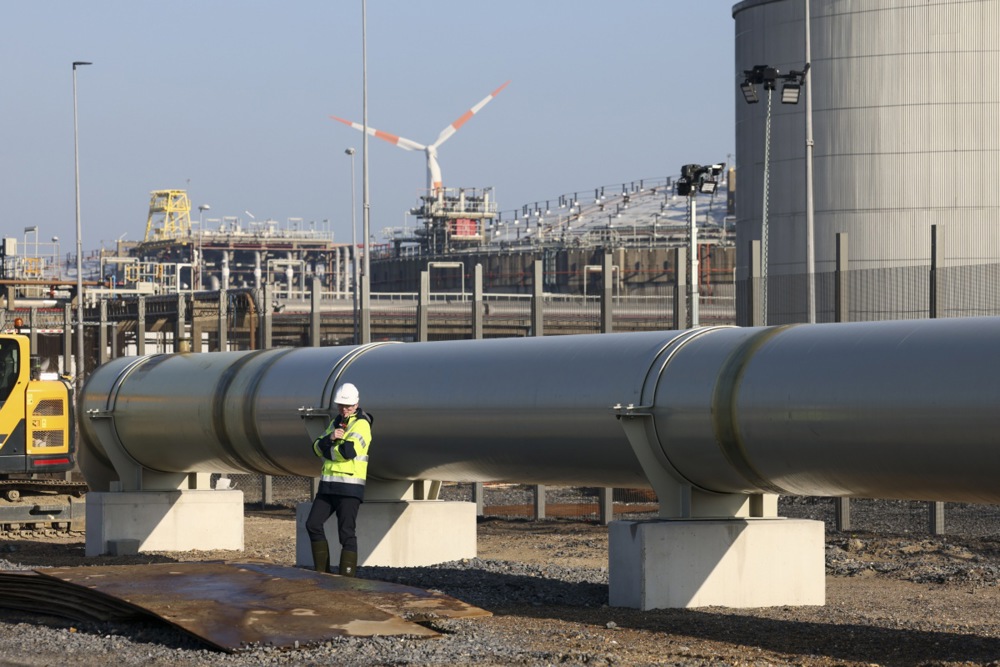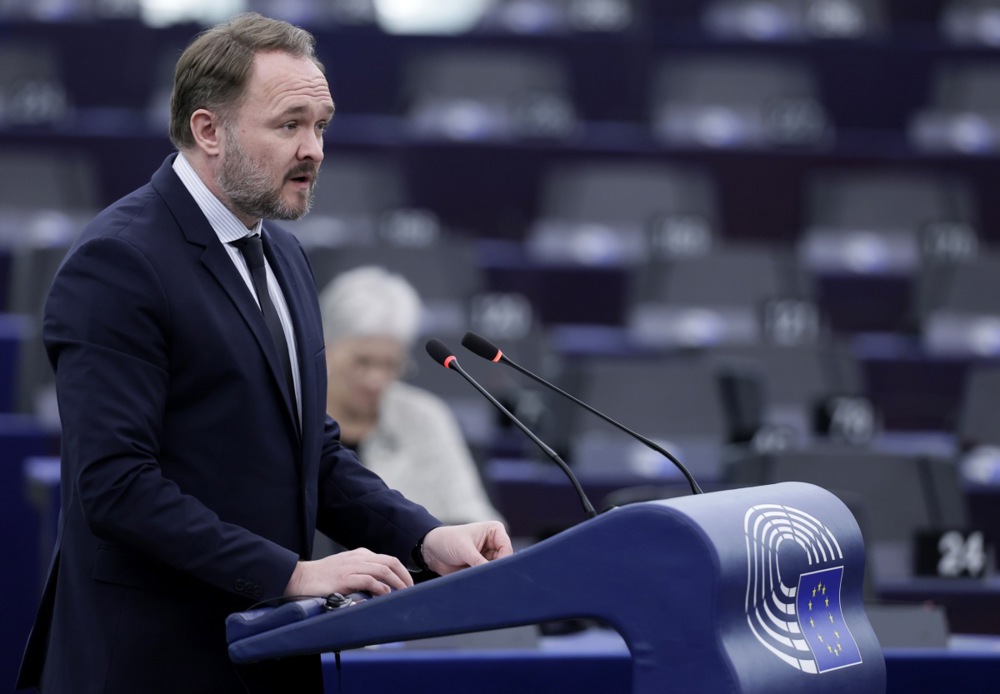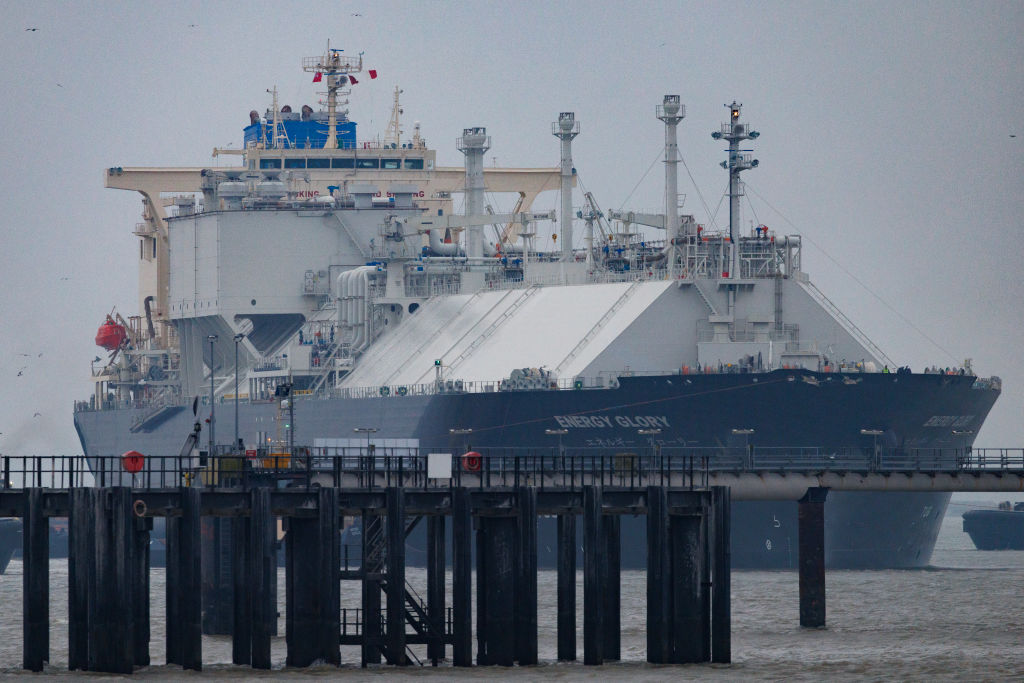US President Donald Trump says he may call his “friend” Hungarian Prime Minister Viktor Orbán to make him stop importing Russian energy.
Hungary keeps buying Russian energy, despite new European targets and even an alternative supply route. There is no concrete sign that Budapest will end its reliance on Russian gas and oil.
“We are a landlocked nation … If we had access to the sea, we could build a refinery or an LNG terminal … But that’s not the case,” foreign minister Péter Szijjártó said in New York at the United Nations General Assembly yesterday, after talks with Ukrainian President Volodymyr Zelensky.
The European Commission agrees. “These two countries are landlocked countries and by definition, diversifying by other pipelines can be more difficult than for countries that are not landlocked,” energy spokesperson Anna-Kaisa Itkonen said in Brussels today.
The European Union wants a phase-out of Russian energy by 2027. The EC presented its proposal on June 17, saying that the bloc could no longer depend on Moscow.
But the measure has not yet been adopted. It is still under discussion between governments and the European Parliament.
Itkonen admitted Brussels does not have precise numbers on how much Russian oil and gas are still being imported. “That is information companies hold,” she said, adding that the new plan includes a requirement for more transparent reporting.
As the EC is not buying any energy and individual companies are doing it in member states, even committing to buying specific volumes of US LNG is not something EU officials can do. They have though, assured that imported LNG has surged last year.
Under the current sanctions regime, Hungary and Slovakia remain exempt from sanctions on Russian oil. “We are understanding of the concern that has been raised,” by these two member States, Itkonen said. But no concrete step has been taken by either the EU or Hungary to bring effectively this exemption to an end, at least not at this stage of EU “legislative work”.
The “phase out proposal is ready to be adopted by the end of the year so that all the provisions can enter into force, this is now a discussion between the European Parliament and the Member States, so this is important to remember the legislative work here”, Itkonen said.
Trump, meanwhile, has turned the spotlight back on Europe. At the UN General Assembly yesterday he accused China and India of being “primary funders of the ongoing war” through Russian oil purchases but added that Europe was also guilty.
He suggested he might personally urge Orbán to stop buying, but offered no concrete plan. The following day, Szijjártó emphasised Hungary’s position. He said geography left Hungary little choice, underscoring the close balancing act between Orbán’s ties to both Trump and Russia’s President Vladimir Putin.
Alternatives exist on paper. For instance, as a study by the United States Energy Association (USEA) sent to Brussels Signal highlights, there is a possibility for a Vertical Gas Corridor, a route to bring US liquefied natural gas from a new terminal in northern Greece up through Bulgaria, Romania, Hungary, Slovakia, Moldova and into Ukraine. It would connect to Ukraine’s vast underground gas storage, the largest in Europe.
But USEA identified three obstacles. First, an unfinished 61-kilometre stretch of pipeline in Bulgaria blocks higher northbound flows.
Second, Gazprom still controls capacity through long-term contracts on the Balkan Stream, effectively shutting out competitors.
Third, tariffs across the route are high, making LNG less competitive. Without change, the corridor cannot carry the volumes it promises.





